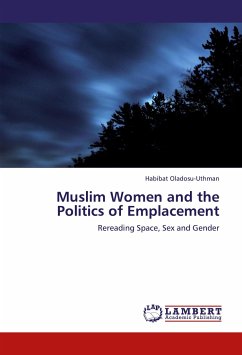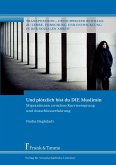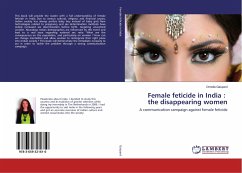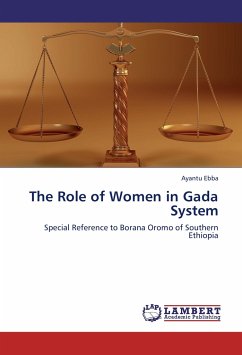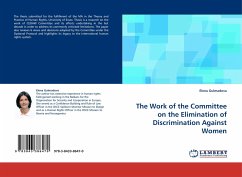The allocation of space, sexual identity/role and gender placement remain fundamental issues of concern to Muslim women all over the world. The way women view themselves and are viewed and the way they are treated in Muslim societies all around the world continue to demand critical re-assessment of the Qur anic provisions on gender and sexuality in relation to prevailing/dominant cultures of the modern world. This is important in view of the current tendency in gender research to view the Qur n as anti-women or as pro-masculine. This book explores these issues by examining the concepts of spatiality, sexuality and gender in relation to its practical manifestations among the Muslims in general and Muslim women in particular. It does this through its study of the activities and practices of Islam by Yoruba Muslims of South-western Nigeria.
Bitte wählen Sie Ihr Anliegen aus.
Rechnungen
Retourenschein anfordern
Bestellstatus
Storno

